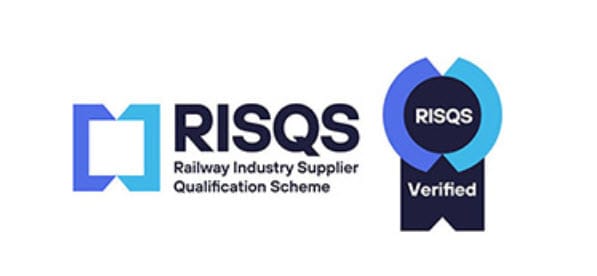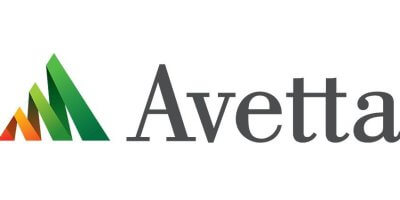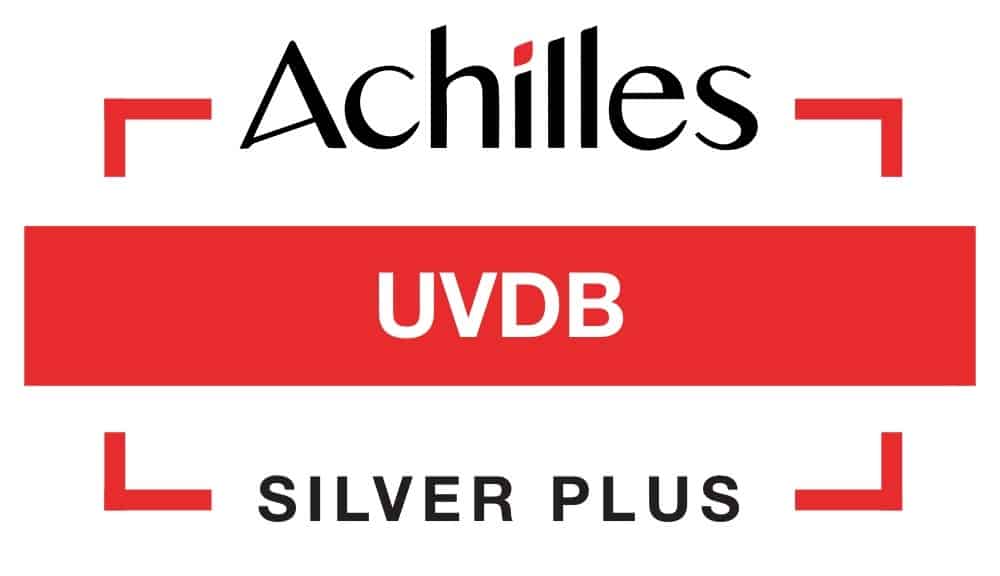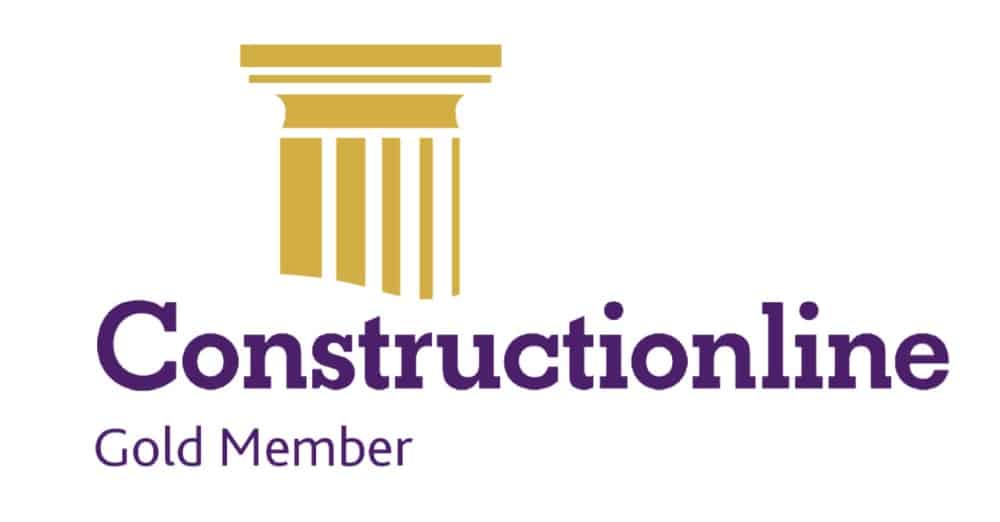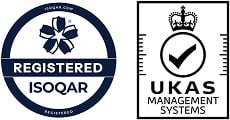Membership No. 163037
Services Across
London, Kent & the
South East of England
- Liquid waste disposal
- High pressure water jetting
- ISO9001, 14001, and 18001 certified
- 35 years of experience
- Professional and updated fleet
- Sewage pumping
- Proper removal and disposal
Specialists in drain interceptors
Interceptors are essential components of modern drainage systems, serving as traps for oil, grease, and water that separate harmful substances before they reach the main sewer line. To avoid costly drain blockages, interceptor tanks must be emptied and cleaned regularly. Neglecting this can result in serious health, safety, and environmental hazards, as well as damage to your business reputation due to overflow or non-compliance.
At Elliott Environmental Drainage Ltd, we offer fast and professional interceptor cleaning and tank emptying services across London and Kent. Our trained engineers operate 24/7 to deliver emergency interceptor servicing and routine maintenance, ensuring your system runs efficiently and meets all environmental standards. All interceptor waste is responsibly handled and disposed of in compliance with UK regulations.
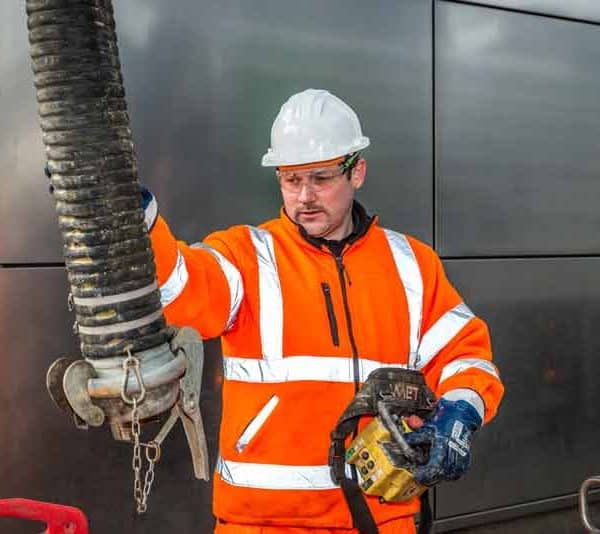
SPEAK DIRECTLY TO AN
EXPERIENCED PROFESSIONAL.

Why is Interceptor Cleaning Important?
Inceptors are an industry-accepted method of controlling liquid waste removal and are essential in preventing unauthorised waste from entering watercourses and land drains. Should interceptor cleaning and maintenance be neglected, the interceptor tank will not fulfil its purpose, potentially causing blockages and surging.
Should waste make its way into the watercourse or local authority drains, you could find yourself facing prosecution, leading to costly fines and cleanup costs.
Furthermore, ensuring that your interceptor tanks are cleaned when necessary will help maintain the longevity of the interceptors by preventing the build-up of wastewater, debris, and other substances that could potentially cause problems in the interceptor.
How Often Should an Drain Interceptor Be Cleaned?
The frequency at which your interceptors should be cleaned will depend on the throughput of materials that the interceptor handles. The Environment Agency recommends that your interceptor tank should be emptied and cleaned at least every six months. Contact us immediately if you notice any flooding, a foul smell, or inadequate drainage. We’ll take the time to ensure that your system is thoroughly cleansed and left in complete working order.
SPEAK DIRECTLY TO AN
EXPERIENCED PROFESSIONAL.

Our Outstanding Interceptor Cleaning Service
Commonly, when we arrive on-site to clean and maintain an interceptor, we find a build-up of oil, amongst other substances. However, more often than not, many do not understand the full extent of the effects that a build-up of oil can have on interceptors and how they work.
Some oils can be incredibly corrosive, and if an interceptor is left uncleaned and covered in a build-up of oil, it can prevent water from passing through easily, resulting in flooding.
Therefore, we will ensure that we physically inspect the entire interceptor and verify that it is functioning correctly.
Proudly Operating a Fleet of the Latest Technology Combination Units Including Cappellotto & Whale.
Should your interceptor tank require cleaning, emptying, unblocking, or servicing, our drainage engineers at Elliott Environmental Drainage Ltd will be more than happy to assist. As a company, we are committed to providing the best service possible and are proud to hold certifications for ISO 9001, ISO 14001, and OHSAS 18001. Therefore, you can trust us to achieve nothing but outstanding results every time.
No matter how big or small the task at hand, we’ll be able to take it on with confidence. Should you own a large interceptor and man-entry be required, all of our engineers at Elliott Environmental Drainage Ltd are fully trained in confined spaces and have experience working in some of the country’s largest gas and electrical plants.
Please contact a member of the Elliott Environmental Drainage Ltd team today to discuss how we can assist you with interceptor tank cleaning, whether for domestic or commercial property.
Frequently asked questions
How to clean an interceptor?
Cleaning a drain interceptor involves removing accumulated waste, including oils, sludge, and debris, that collects over time. This is typically done by a professional using vacuum tankers for interceptor tank emptying, followed by high-pressure water jetting to ensure thorough removal of the interceptor trap. Regular CCTV drain surveys are also advised to inspect the condition of the interceptor and connected drainage systems.
How often should interceptors be cleaned?
Interceptor cleaning should be scheduled based on the usage and type of waste handled. As a general rule, most interceptor tanks should be cleaned every 3 to 6 months. Regular interceptor maintenance helps prevent blockages, ensures compliance with environmental standards, and avoids the need for costly emergency interceptor repairs.
How often should I clean my grease interceptor?
Grease interceptors in commercial kitchens should be cleaned every 1 to 3 months, depending on the frequency of use. Frequent interceptor servicing and grease trap emptying prevent build-up that can lead to odours, drain blockages, and environmental hazards. Scheduled cleaning also reduces the risk of emergency interceptor servicing and keeps your drainage system efficient and compliant.

